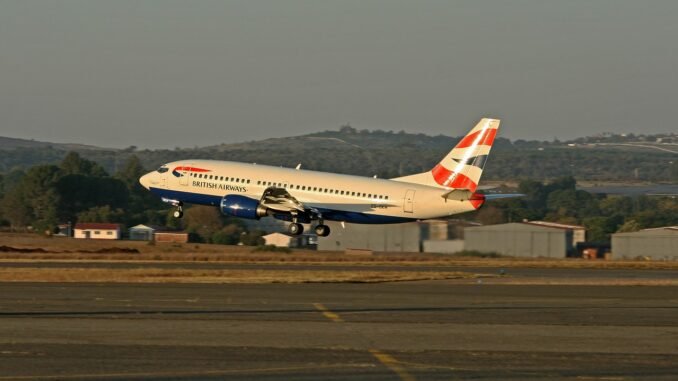
A recent Supreme Court ruling against British Airways (BA) could impact thousands of airline compensation claims annually. The court determined that a flight cancellation due to a pilot’s illness did not qualify as an “extraordinary circumstance,” entitling passengers to compensation.
This landmark decision arose from a case involving Kenneth and Linda Lipton, who sued BA Cityflyer, a subsidiary of British Airways, after their compensation claim was denied. The Liptons were scheduled to fly from Milan Linate Airport in Italy to London City Airport in January 2018. When the pilot fell ill and no replacement was available, their flight was canceled. The couple was rebooked on another flight, arriving in London over 2.5 hours late. They sought approximately £220 in compensation under EU regulations.
Airlines can avoid compensation if cancellations are due to unavoidable extraordinary circumstances. BA Cityflyer argued that the pilot’s illness was such a circumstance, and two lower courts initially sided with the airline. However, the Court of Appeal ruled in favor of the Liptons, a decision upheld by the Supreme Court.
The Supreme Court judges, including Lord Sales and Lady Rose, emphasized that a pilot’s illness does not constitute an extraordinary circumstance. They reasoned that even when not on duty, a crew member remains an integral part of the airline’s operations.
In a statement through their law firm, Irwin Mitchell, the Liptons expressed that they never sought to be in this situation. They hailed the ruling as “a victory for common sense and justice against corporate giants.”
Rocio Concha of consumer group Which? called the decision “highly significant” for travelers, especially as it affirms that staff illness is not a valid reason to deny compensation for significant delays or cancellations.
A spokesperson for BA expressed disappointment but respected the court’s judgment.
This ruling sets a precedent that could lead to many more compensation claims from passengers affected by similar issues.



